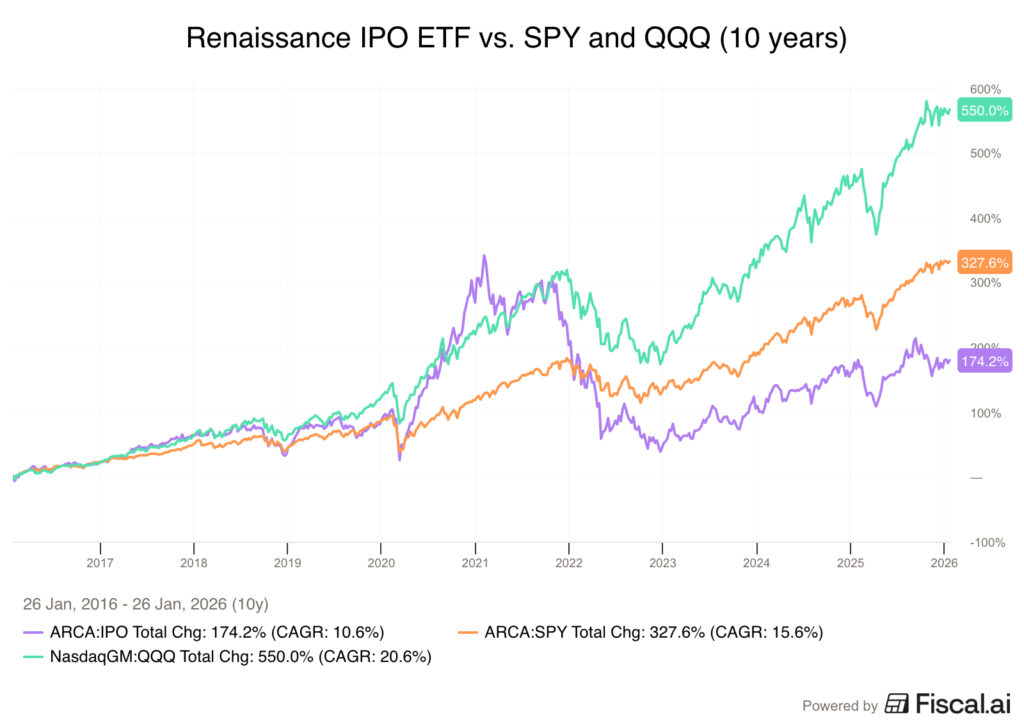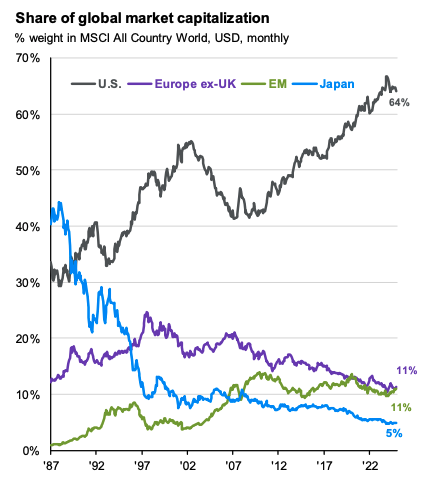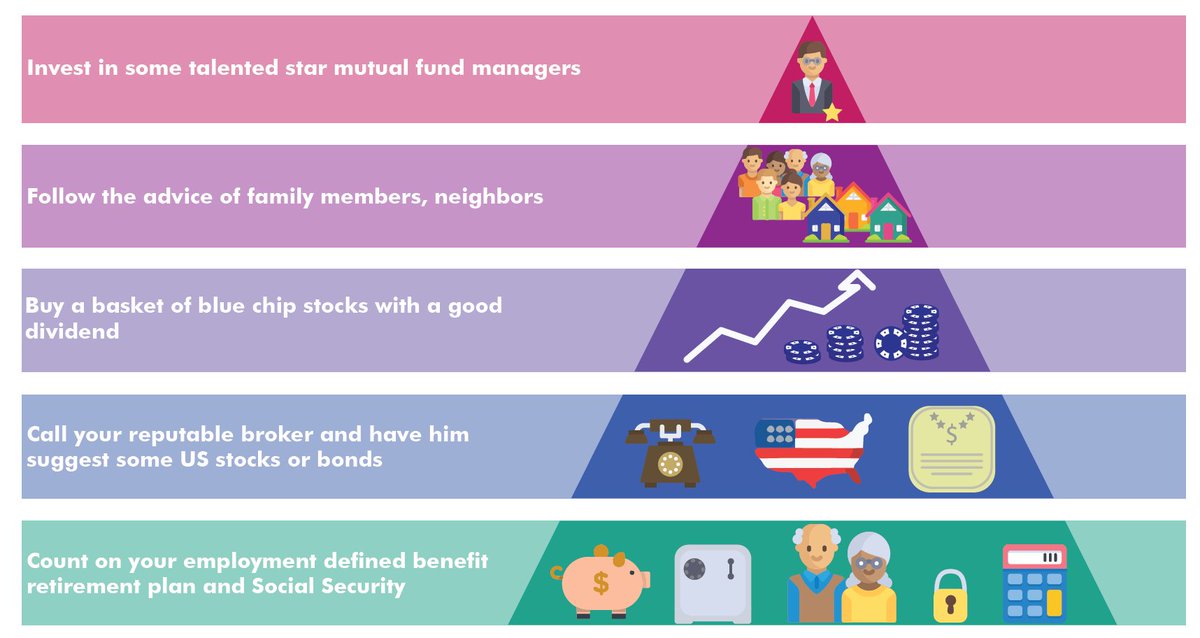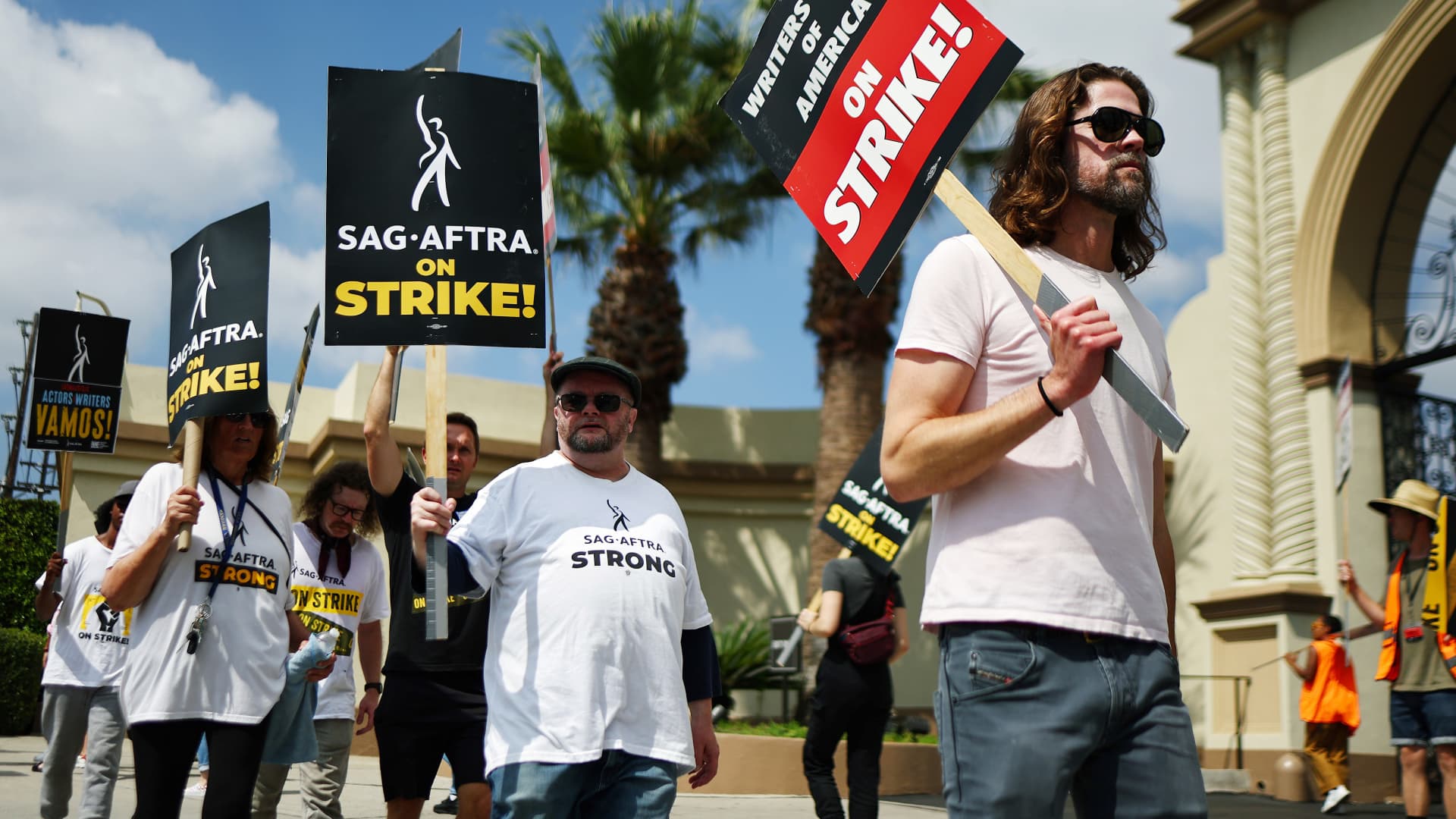Edit: I am bullish on XOM, but sharing this article anyway
Exxon Mobil is seeing worker attrition at levels above its peers in the oil & gas industry, and especially more than other industries. This long article details the cultural issues plaguing Exxon Mobil.
A year and a half later, even as its stock surges again and Exxon makes more money than it has in its 140-year history, the company has experienced the highest attrition since its merger with Mobil in 1999. Of the 12,000 departures globally in the past two years, less than half were from layoffs.
For example:
CultureX, an organization out of MIT that evaluates corporate culture based on Glassdoor reviews, says these problems run so deep that Exxon now ranks below industry benchmarks for 143 of the 196 cultural issues it measures.
As an example, take their performance reviews:
Exxon’s performance ranking system, which pits employees against each other, dominates the day to day. Subordinates are told not to speak out against their bosses in meetings for fear of being placed at the bottom of the rank and pushed out. Employees are reluctant to raise problems or speak freely about environmental issues. Senior managers too often promote people who look and sound like themselves at the expense of technical experts willing to deliver hard messages, and some employees of color say they’ve been marginalized. “Agreeability to senior leadership has become more important than capability,” says one executive who left the company last year after two decades. “Unfortunately this accelerated during the pandemic.”
Example of its costs:
Chang, who joined Exxon in 2003 after getting a doctorate in mechanical engineering and who worked in Exxon research, says early on in his career he was brought in to give technical advice on a new project and spotted a potential problem, but a supervisor didn’t want to report it up the chain of command. Chang ended up using a formal reporting avenue to elevate his concerns and eventually got a hearing with the vice president of engineering, but by that point he’d already been taken off the project and dropped in the performance ranking. “My peers knew I was being punished,” he says.
This system is very unpredictable, since “Now employees could rise to the top or fall to the bottom in a single year.”
A leaked study showed massive overspending by Exxon over the decades (link).
This article suggests it is in part due to these cultural issues:
Within any major oil company, career advancement often lies in getting a project approved, which takes years. Persuading executives to commit billions of dollars to a project can catapult employees to the executive track, but it also has the potential to skew incentives. A 2020 internal Exxon study on “runaway projects” that exceeded early cost estimates by more than 70% suggested that they were “intentionally underestimated” during planning so they could get greenlighted. When projects inevitably suffered delays, individual teams would desperately try to get their parts of it back on track at the expense of the overall goal.
Employees were demoralized by layoffs that occurred while maintaining the 3rd largest dividend in the S&P 500:
Like many American corporations, Exxon had been expanding service centers in Asia for some years, but it accelerated in 2020. Employees were asked to move any tasks they could to Bangalore or Kuala Lumpur, often having to personally train people they feared would ultimately replace them. By that fall, their fears were realized when Woods announced that Exxon would be laying off 15% of its global workforce, slashing its capital budget by about a third, or $10 billion, and freezing regular salary increases.
One thing Woods didn’t cut was Exxon’s dividend, which is the third-largest in the S&P 500 and costs $15 billion a year. Employees recall the justification as basically this: A large portion of Exxon’s shareholder base comprised retail investors who relied on the dividend for income. “There might be many good business reasons to keep it, but don’t pretend to care about Grandma and her dividend when you’ve just fired thousands of employees,” says one former employee who quit in 2021 after more than a decade at Exxon.
The article has more examples, but I just wanted to sum up a few. As a final example, in a corporate townhall led by the global IT vice President, his response to employee’s questions was:
If you want to be a “hotshot” and triple your pay working for Amazon, then go right ahead, the people recall him saying. “Good luck to you.”
















